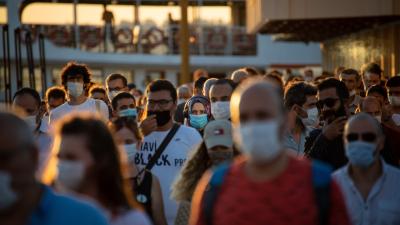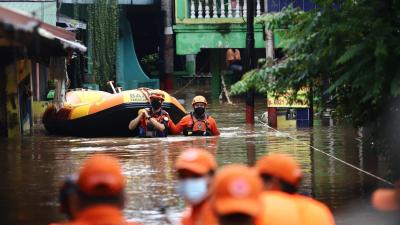The World Risk Poll began in 2019 and is the first ever global study of perceptions and experience of risk. There have been two rounds of polling so far, with two more iterations planned for 2023 and 2025.
It surveys up to 150,000 people to better understand how to improve our understanding of risk and make the world a safer place. Part of the Gallup World Poll, the survey is conducted through interviews in over 120 countries and up to 145 different languages. The Poll offers a direct comparison between how people around the world perceive risks and how they experience them; understanding these differences can be crucial to informing effective risk management policies and communications.
Now that the dataset for the 2021 Poll is complete, we want to maximise its impact and ensure the findings are widely disseminated and used. We are inviting applications for projects which will use the data to design and run research and/or interventions – in LRF mission aligned areas - that aim to make a marked contribution to improving global safety.
We envisage a range of possible outcomes for projects which practically apply the Poll findings through the development of new interventions or by strengthening existing ones.
We encourage applicants to consider projects that utilise WRP data to support early intervention from policymakers and employers to tackle violence and harassment at work, recognising that if it has happened once, it is likely to happen again, and intervening effectively to prevent recurrence rather than dismissing incidents as ‘one-offs’. To support design of targeted interventions, applicants have at their disposal actionable data on who does and doesn’t report their experiences of violence and harassment, who to, and if not, why not.
Research projects may aim to address data gaps or support hypotheses through secondary analysis of the Poll data and/or to use alongside other relevant data. An important output could be the provision of evidence, disseminated to stakeholders, which motivates action. For example, research projects which find robust evidence for how and why particular demographics are most impacted, that effectively communicate findings to relevant bodies, and consequently influence improvements to risk information.



